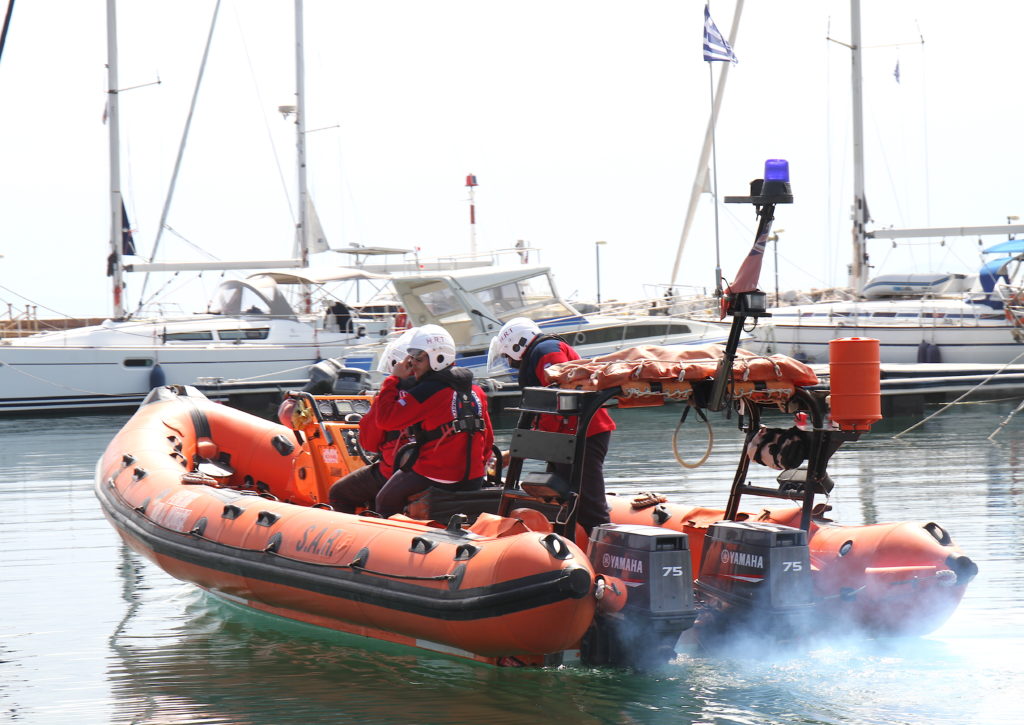Historical Background:

Geographical Context and Hazards:
Greece, located at the crossroads of Europe, Asia, and Africa, is characterized by diverse landscapes, including mountains, islands, and coastal regions. While its natural beauty attracts millions of tourists annually, it also exposes the country to various hazards such as earthquakes, wildfires, floods, and extreme weather events. Additionally, Greece faces human-induced risks like industrial accidents and terrorism, necessitating a robust civil protection framework to respond effectively to emergencies.
Historical Background:
The concept of civil protection in Greece traces back to ancient times when communities organized themselves to cope with natural disasters and conflicts. Over the centuries, various mechanisms evolved, culminating in the establishment of modern civil protection agencies. The Greek Civil Protection Secretariat, under the Ministry of Citizen Protection, serves as the central authority responsible for coordinating emergency response efforts across the country.

Structure of Civil Protection:
In recent years, Greece has implemented various strategies and initiatives to enhance its civil protection capabilities. These include:
Risk Assessment and Planning: Conducting comprehensive risk assessments to identify vulnerable areas and populations, and developing contingency plans for different types of emergencies.
Early Warning Systems: Utilizing advanced technologies and communication channels to disseminate timely warnings and alerts to the public, enabling them to take proactive measures.

Conclusion
Civil protection in Greece is a multifaceted endeavor that requires coordinated efforts from government agencies, local authorities, civil society, and the private sector. By addressing the challenges and seizing the opportunities, Greece can strengthen its resilience to disasters and safeguard, the lives and livelihoods of its citizens. Through continuous improvement, innovation, and collaboration, Greece can build a more resilient society capable of confronting the evolving threats posed by natural and man-made hazards.

The Role of the General Secretariat for Civil Protection
The General Secretariat for Civil Protection (Γενική Γραμματεία Πολιτικής Προστασίας) is the cornerstone of modern civil defense in Greece. This organization is responsible for coordinating national efforts in disaster prevention, response, and recovery. It oversees various emergency services and ensures that protocols are in place for different types of disasters.

Mythological Foundations
Greek mythology is rich with stories that emphasize protection and survival. Figures like Prometheus, who gifted fire to humanity, symbolize the importance of overcoming dangers. This mythological framework has influenced Greek culture deeply, embedding the concept of protection and resilience in the collective consciousness.

Hellenic Rescue Team
Hellenic Rescue Team to organizacja wolontariacka specjalizująca się w operacjach poszukiwawczo-ratowniczych. Jej członkowie są szkoleni do reagowania na sytuacje awaryjne zarówno w Grecji, jak i za granicą. Zespół brał udział w wielu międzynarodowych misjach ratunkowych, m.in. po trzęsieniu ziemi w Nepalu w 2015 roku i na Haiti w 2010 roku, co pokazuje ich fachowość i gotowość.

Ancient Origins of Civil Defense
The roots of civil defense in Greece can be traced back to ancient times. The Greeks, known for their strategic and architectural innovations, developed various methods to protect their cities from invasions and natural disasters. For instance, the Long Walls of Athens were not just military fortifications but also served to safeguard the population during sieges.


